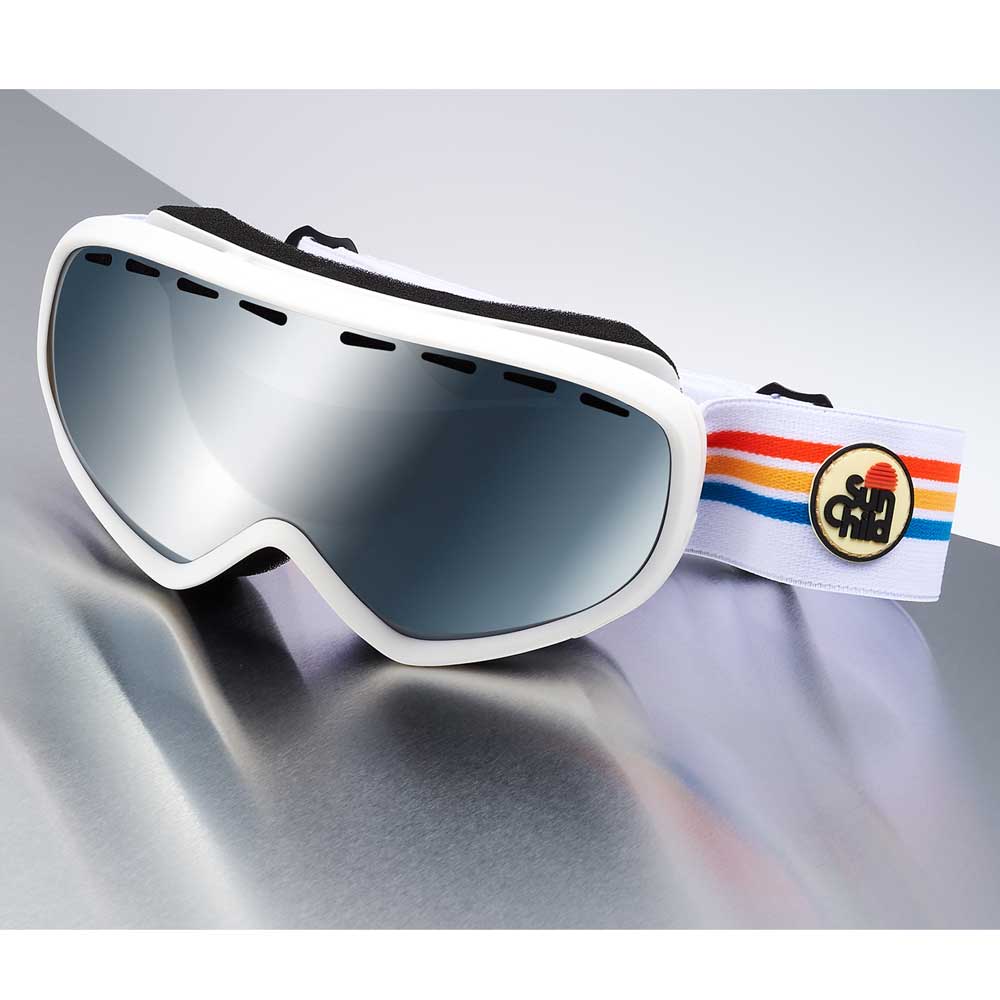What are the impacts of changing the time on your eyes?
Sunday, October 26th, marks the day we switch to winter time. While it's generally welcomed by sleepers, as we'll be spending an extra hour under the covers, we'll lose an hour of sunlight in the evening!
This change, combined with the shorter days, is causing disruptions and discomfort in many people. Even a slight change in time is destabilizing for the body and the eyes, especially since we know that retinal cells are responsible for jet lag.

Less sun, more blue light...
With less sun we stay more indoors under LEDs and in front of our various screens, exposure to blue light reaches its peak causing eye discomfort, headaches, difficulty falling asleep ... This is why it is essential to take advantage of natural light from sunrise so as not to disorient your circadian rhythm too much. Just like doing a relaxing activity before sleeping while avoiding television and other bright screens which prevent the body from correctly secreting melatonin , the sleep hormone .
And visibility on the road?
Another problem simply arises on the road. As a driver, you may be bothered by the lack of light and be dazzled by the headlights of other vehicles, which involves a certain visual effort and eye fatigue . In addition, you will have to be vigilant with pedestrians, scooter users, and cyclists who are often difficult to see. Accidents involving bicycles or pedestrians occur mainly in the evening and from October to February. So don't hesitate to check all the bulbs in your vehicle.
Which glasses for the time change?
To avoid suffering too much from the harmful effects of artificial light, we recommend wearing anti-blue light glasses whether you have a visual defect or not.
For night driving, equip your eyes with night driving glasses or polarized glasses or overglasses with yellow lenses. They will give you a feeling of great brightness and will remove the unpleasant effects of glare, the road and its surroundings will be clearer.
Daylight saving time isn't just about adding or removing an hour of sleep; it also alters our biological and visual rhythms. By anticipating these light variations, you can reduce fatigue and improve your eye health.


